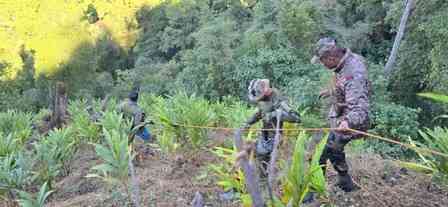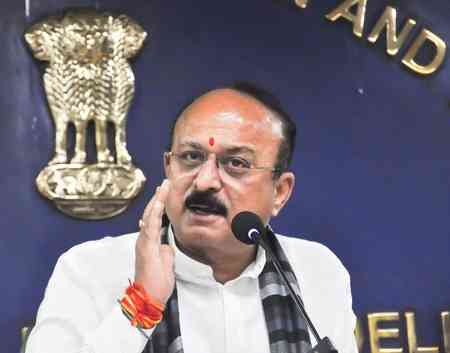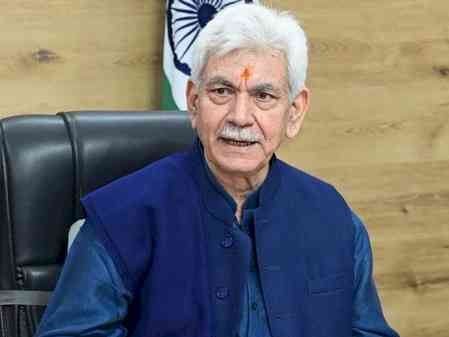Man with haemophilia condition undergoes knee replacement
The patient is comfortably walking and living his life normally

Panchkula: A 48-yr male with haemophilia condition has recently undergone a successful total knee replacement at Alchemist Ojas Super Speciality Hospital, Panchkula.
Dr Gagandeep Gupta, consultant orthopedics and joint replacement at Alchemist Ojas Hospital who performed the surgery said that the patient had severe pain in right knee and difficulty in walking before surgery.
Talking about complications involved in surgery due to the patient's haemophilia condition, Dr Gupta informed that Haemophilia is mostly inherited genetic disorder that impairs the body's ability to make blood clots which ultimately results in people bleeding for a longer time after an injury.
Haemophilia has two types A and B. A occurs due to low amounts of factor VIII and B due to low amounts of factor IX. This patient was suffering from type A haemophilia, informed Dr Gupta.
Bleeding can occur in multiple joints, muscles and the brain too. Knee and ankle joints are usually involved. Every time the bleeding occurs in the joint, it causes synovial hyperplasia, inflammation and later on arthritis. Subarticular cyst formation is also very common, informed Dr Gupta.
In the early stages, patients need factor VIII transfusions. Eventually the involved joints get damaged and need replacement if possible. Keeping all this in mind the preparations for surgery and challenges were done, remarked Dr Gupta.
50000 IU (international unit) of factor VIII arranged for preoperative, intra operative and post-operative use. The long stem and rod for implant used to attain more stability as there is a huge cyst (hole) in tibia. Keeping in mind the patient's young age, a gold implant with more longevity was arranged.
Talking about risk factors during surgery, Dr Gupta said that hemophilia patients with total knee replacement have risk of 0 to 17 % as compared to 1 % in general patients. Besides bleeding, the risk of implant loosening and failure were also there.
We did the surgery, administered 2000 IU of factor VIII twice a day for 2-weeks and made the walk after a few days with the help of a walker and brace. Now the patient is comfortably walking and living his life normally, asserted Dr Gupta.


 cityairnews
cityairnews 











